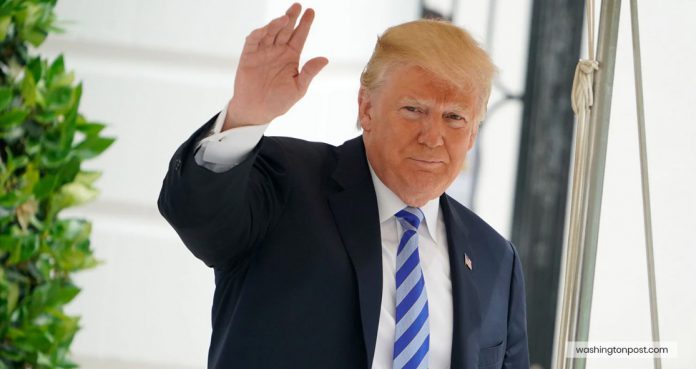On Tuesday, in an online event, psychiatrists warned Congress and people that President Donald Trump incited his followers to violence, while one psychiatrist compared Trump’s rallies to those of Adolf Hitler.
A panel of four psychiatrists and one clinical psychologist said, “Trump does not have the sound mental capacity to function in his role as president.”
Dr. James Merikangas, a psychiatrist from George Washington University, said. “The chanting at Trump’s rallies were reminiscent of ‘Nuremberg rallies that Adolf Hilter had.’” He added, “We believe he is a danger to the public.”
Another mental health expert, Dr. James Gilligan from New York University, said, “Trump is dangerous to an unprecedented degree in our history,” urging voters to eliminate Trump from office during the 2020 election.
Dr. Gilligan said, “What we are seeing is how he has succeeded in stimulating racial prejudice and a fear and hatred of immigrants, foreigners… What I’m alarmed by is the effect he is having on the public.”
The leader of the panel and a psychiatrist at Yale School of Medicine Dr. Bandy Lee said, “Mental capacity was even more important than the criminal investigation members of Congress would be after in the hearings because it needs immediate intervention.”
She recommended canceling the August recess to deal with the issue. Dr. Lee said, “This is what we believe is the most urgent issue of our time.”
In April, mental health experts completed their assessment by using the Mueller investigation and requested Trump to undergo an independent mental evaluation. When Trump declined to respond to their request, they said Trump would lose his war powers and access to nuclear weapons.
Dr. Leonard Glass of Harvard Medical School said, “What we found through Mr. Mueller’s report was alarming. The president failed every criterion for rational and reality-based decision-making capacity.”
The panelists contributed to a book called “The Dangerous Case of Donald Trump” that allows psychiatrists to warn people when a president is dangerous. However, the book has been surrounded by controversies because mental health associations urge psychiatrists never to diagnose a patient they have not examined themselves.
On Tuesday, the panelists addressed such criticisms, noting they did not use mental health terms in making their assessment.
Clinical psychologist from the University of North Carolina-Chapel Hill Edwin Fisher said, “We made no diagnosis but focused on the ability to make sound decisions free of impulsivity, recklessness, paranoia, and false beliefs.”
Dr. Lee, who is also a president and co-founder of the World Mental Health Coalition, insisted that the group was not against Trump. She said, “The organization seeks to educate the public and consults with public officials about leaders that show signs of imminent or lasting danger.”
Dr. Merikangas acknowledged that the panelists did not personally interview the American President, but they analyzed his tweets, speeches, and interviews. Based on that analysis, the psychiatrists said, “Trump showed deteriorating memory and trouble enunciating words.” “We predicted he would deteriorate under the pressures of this presidency,” added Dr. Merikangas. “It appears to be what is happening.”























